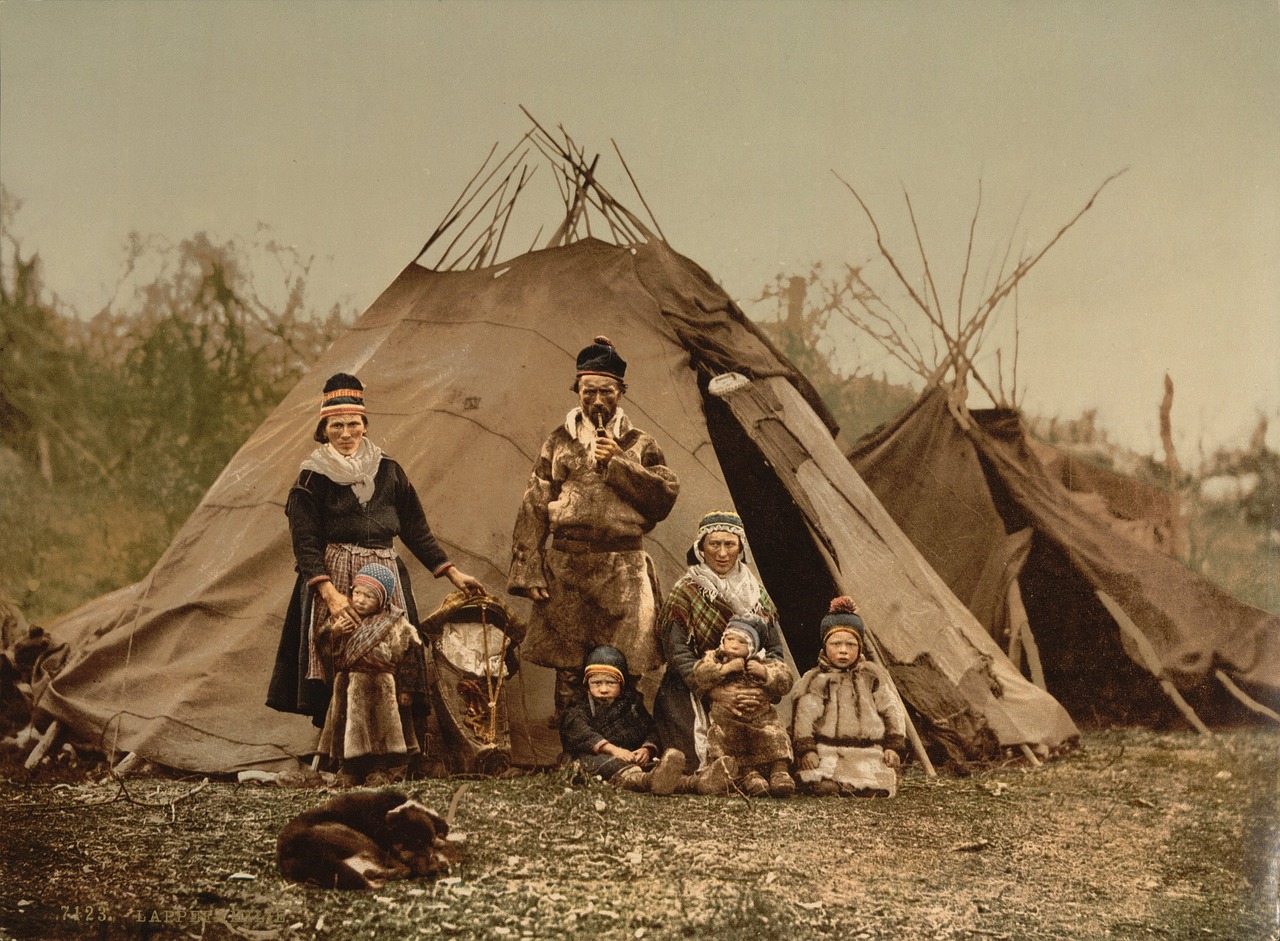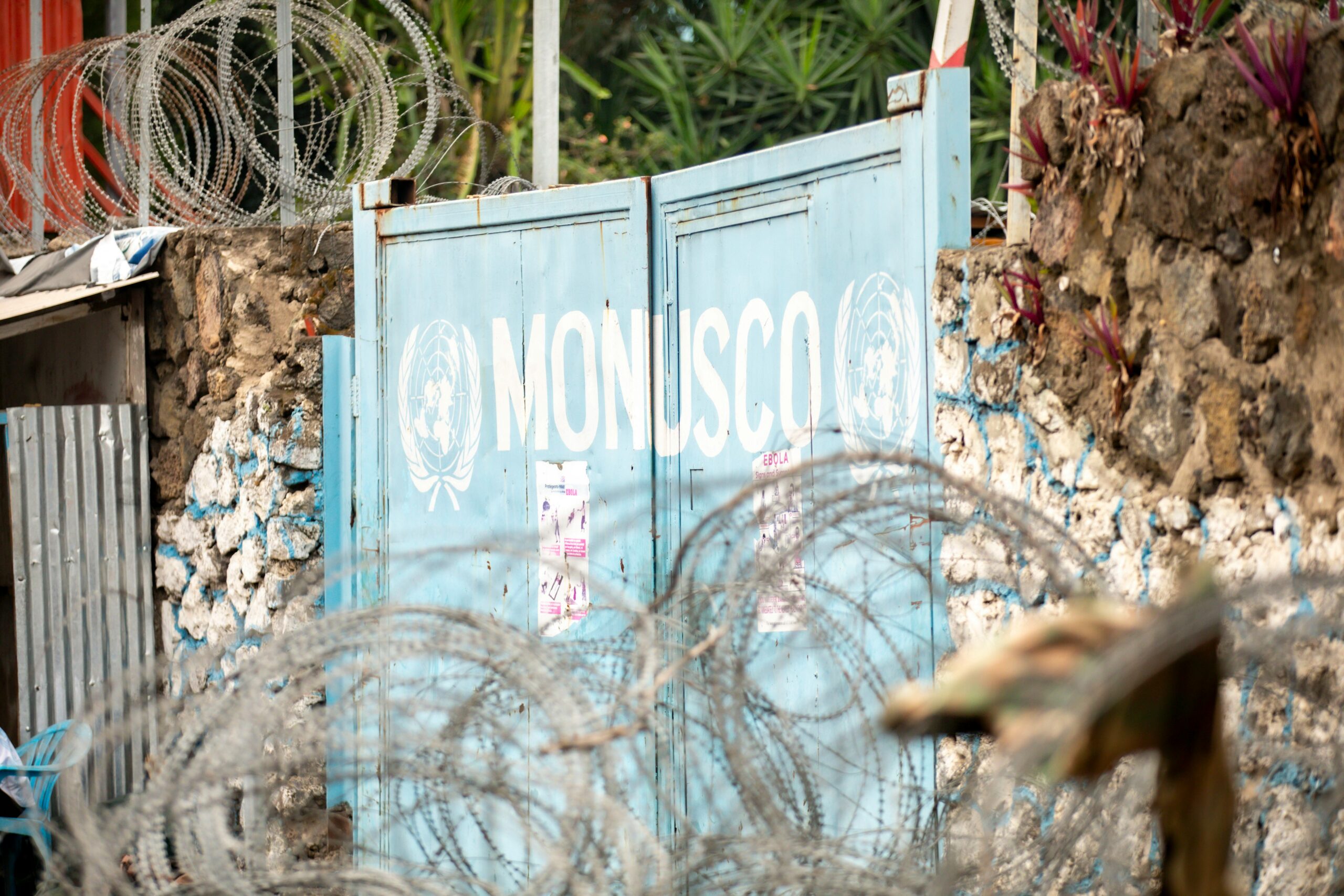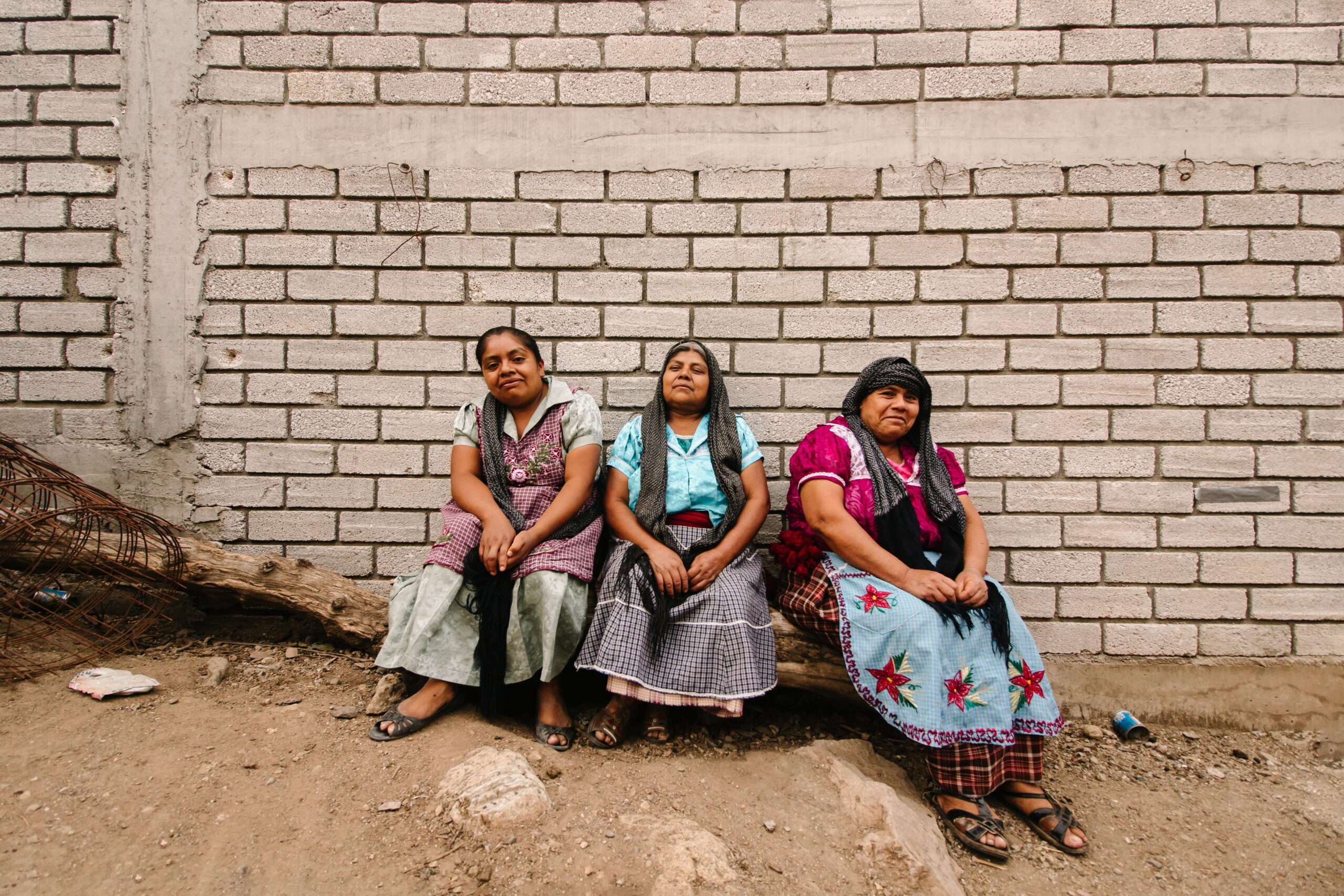By Ellen Archer
“Save a Wolf – Shoot a Sámi” – that was the message of a poster spread in 1990 in Sweden, – a hate campaign directed toward the Sámi and the reindeer husbandry, the Sámi being the native population mainly in Sweden
and other parts of Scandinavia, Finland and Russia. Sweden has for a long time denied its racist and colonial past, as colonialism is historically perceived has something happening in other countries. Thus, the national self image has been one of a nation that is free from colonial history. Nor has Sweden successfully addressed this problem in later years which is why the colonization of Sápmi – the land of Sámi – and the racism toward Sámi people continues.
The exploitation of Sámi land
As observed by decolonial feminist scholars, one of the main parts of the colonization of Sámi is the dispossession of the people and their land in the name of industrialisation and nation building. During the 20th century the land-grabbing in the Sápmi region was justified with the argument that Sweden could no longer let Lapland lie in the hands of a few “nomads”, and that the prosperity and security of the nation required a better use of natural resources in that part of the country (Samer, n.d).
The Swedish nation has and still does encroach on Sámi land in the name of the nation’s security and development. During the second world war Sweden passed a law which further enabled the exploitation of natural resources such as iron, wood and and the building of dams for hydroelectric energy in Sápmi areas, the reason being that Sweden had to develop as a nation industrially, especially during war times. These processes however kept going
even post-war. The judicial war for resources on Sámi-grounds is still ongoing. In the process of making Sweden safer and more prosperous, the security of the Sámi peoplehas been neglected.
Violence toward the Sámi women
The war on Sámi bodies has been present for decades, the most obvious being the racial biology – meant to separate Sámi from “pure Swedes” and protect the Swedish race. At the same time the colonization has had consequences not only for the Sámi as a whole, but for Sámi women specifically. Firstly Samí women today are experiencing violence at
a higher rate than non-sámi women. This entails physical, emotional
and sexual violence. Sámi women are also at a high rate of both experiencing violence externally from people outside Sápmi and from the government and its employees, but also internally. The higher rate of internal violence stems from several different factors but it’s largely rooted in colonization. Historic traumas from being colonized reproduces into a higher risk of violence internally because of intergenerationally transferred violence.
Furthermore there is the effect of patriarchal colonialism where western
patriarchal views and colonial laws have changed the systems within Sámi
communities. For this reason we can’t solely view the Sámi only as a generic group, since men and women have suffered differently from colonization, and their perspective on what insecurity is differs from sámi mens.
A feminist decolonization in Sweden is needed
Consequently this security issue has to be addressed not only from a decolonial perspective but also a feminist one. A decolonial approach to security studies means shedding the light on which voices are legitimized in the discussion of security and whose aren’t. A decolonial perspective would give voice not only to the Swedish government, but also and mostly to the ones of the Sámi, which would lead to a new approach when defining the word security. Simultaneously the decolonial work has to include the feminist standpoint where patriarchal colonialism is addressed. This
doesn’t only mean that female voices from Sápmi are heard in the debate about security, but also that we deconstruct the gender-binary which is mainly a Western construction which was imposed by many northern communities on their indigenous people.
Furthermore the feminist approach has to be one with a decolonial point of view, just as the decolonization process has to be a feminist one, it goes both ways. Although this blog post has mainly touched on women in Sápmi, it is crucial to also remember that the queer community face many forms om violence both within the Sámi community and from outside of the community. Therefore the feminist approach on decolonization must be one including queer people as well as women.
Conclusively when addressing the colonization of Sápmi, especially within the field of security studies, one must reflect on how the security of the nation and the Swedish people was used as an argument for the abuse of Sámi and their land. That is why it is crucial that we – looking forward, remember to ask ourselves – security for whom?




